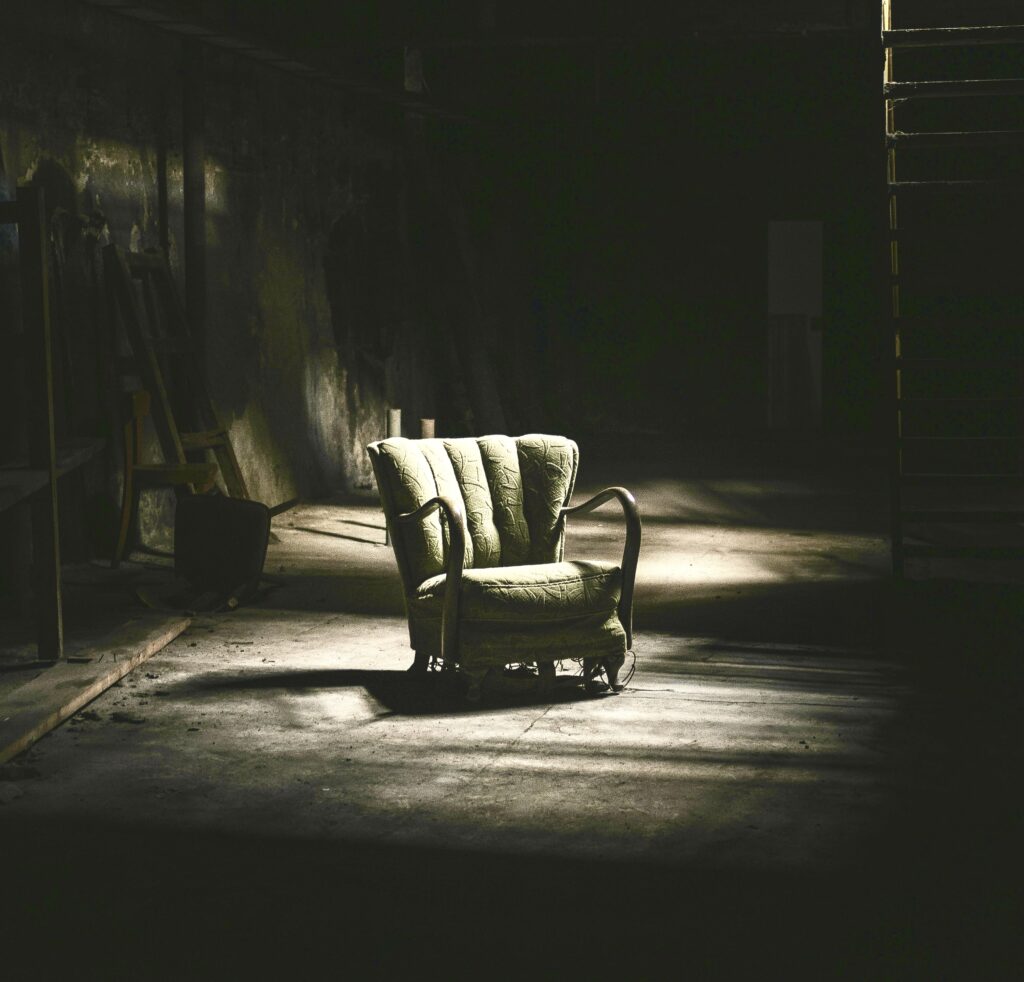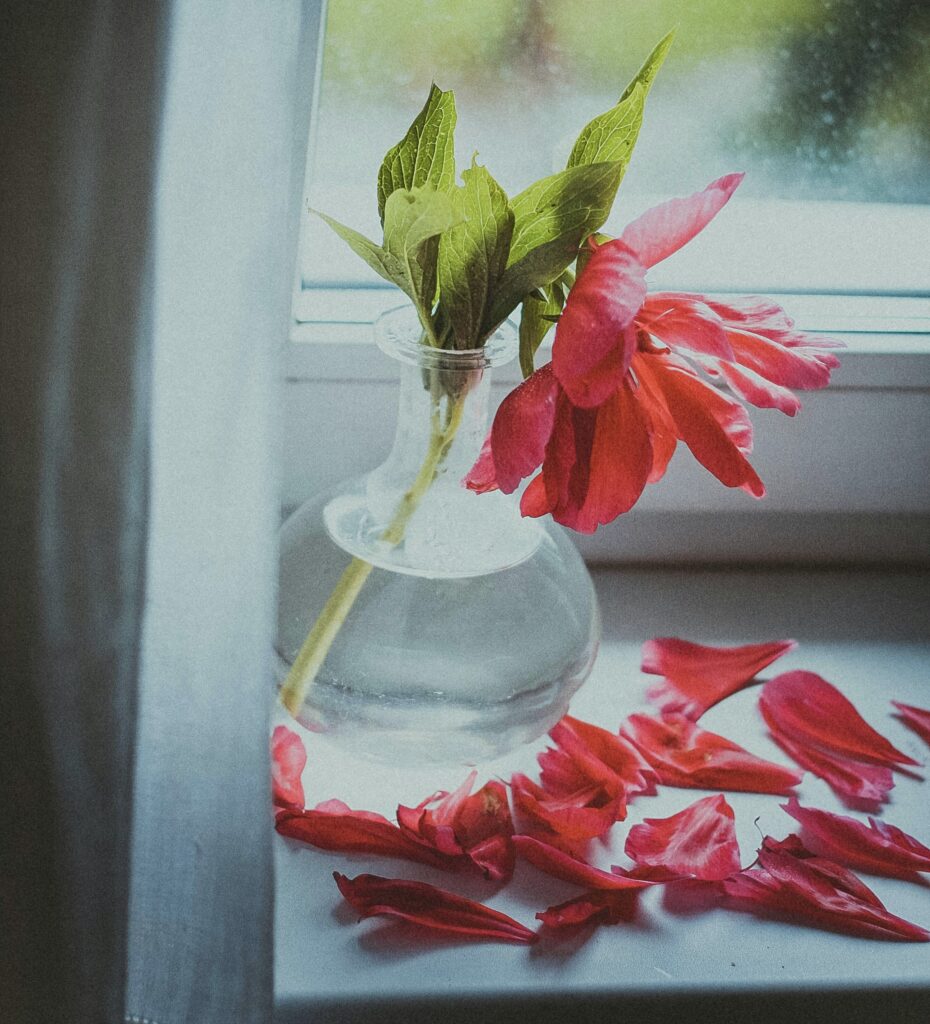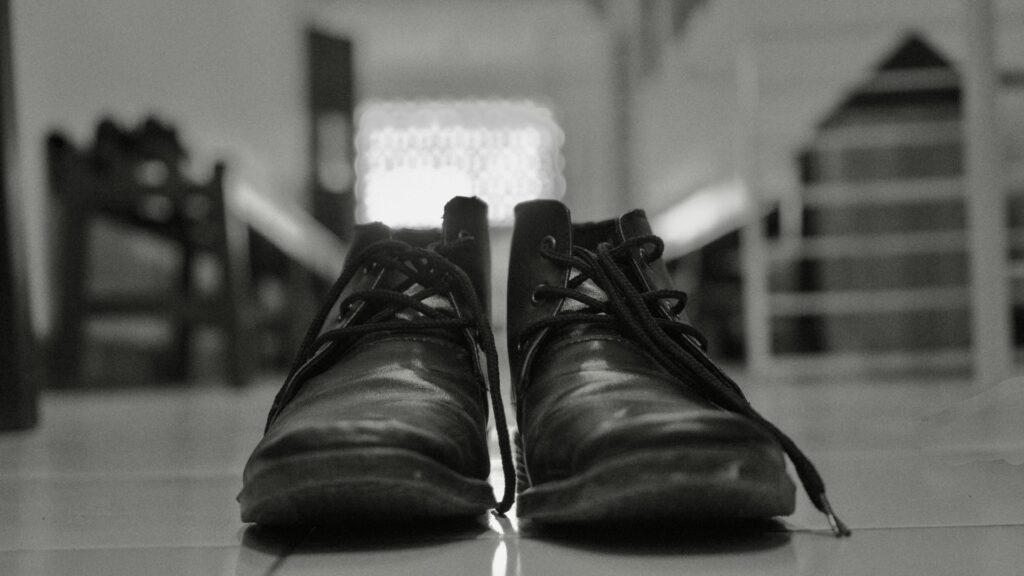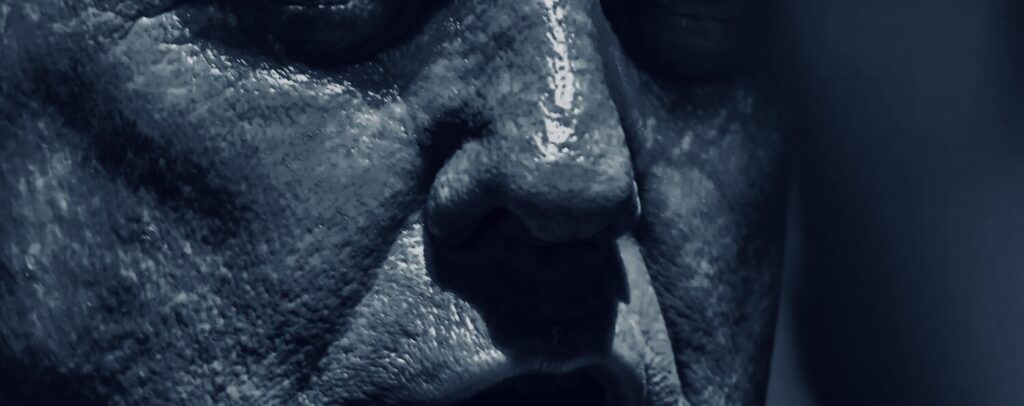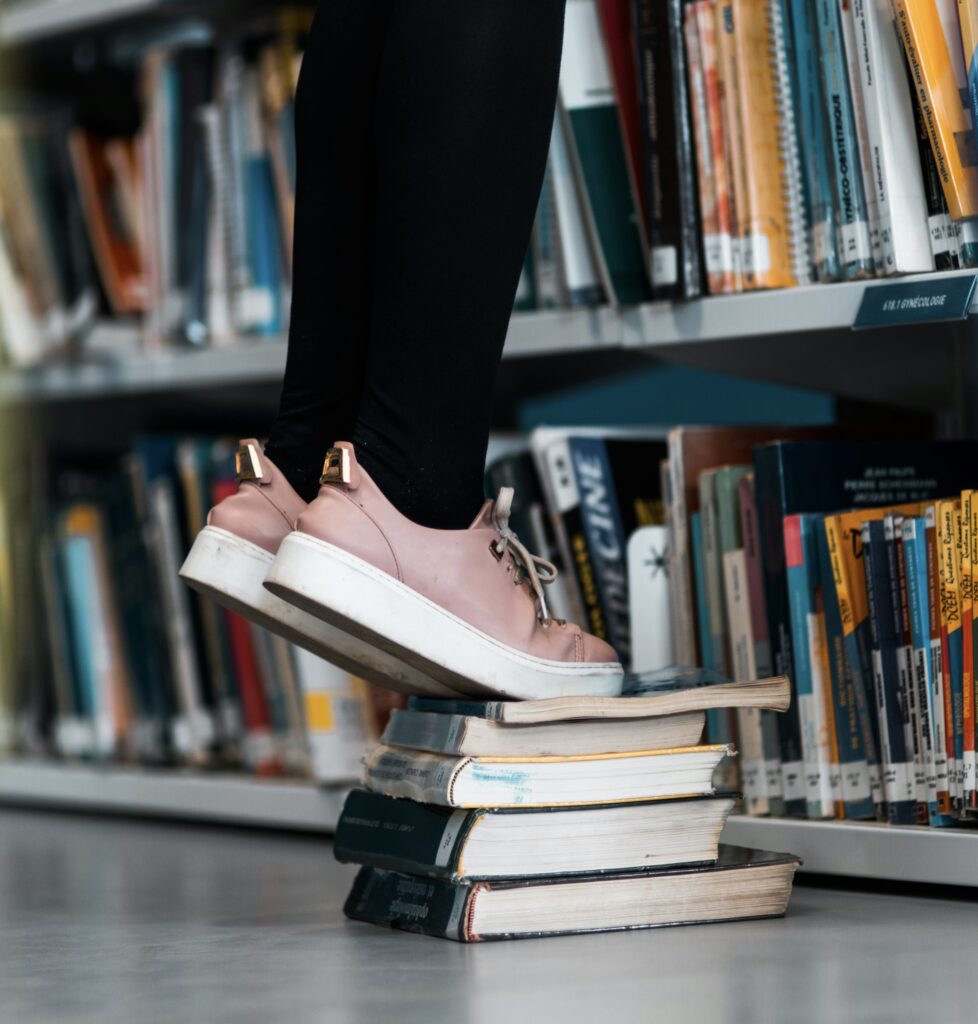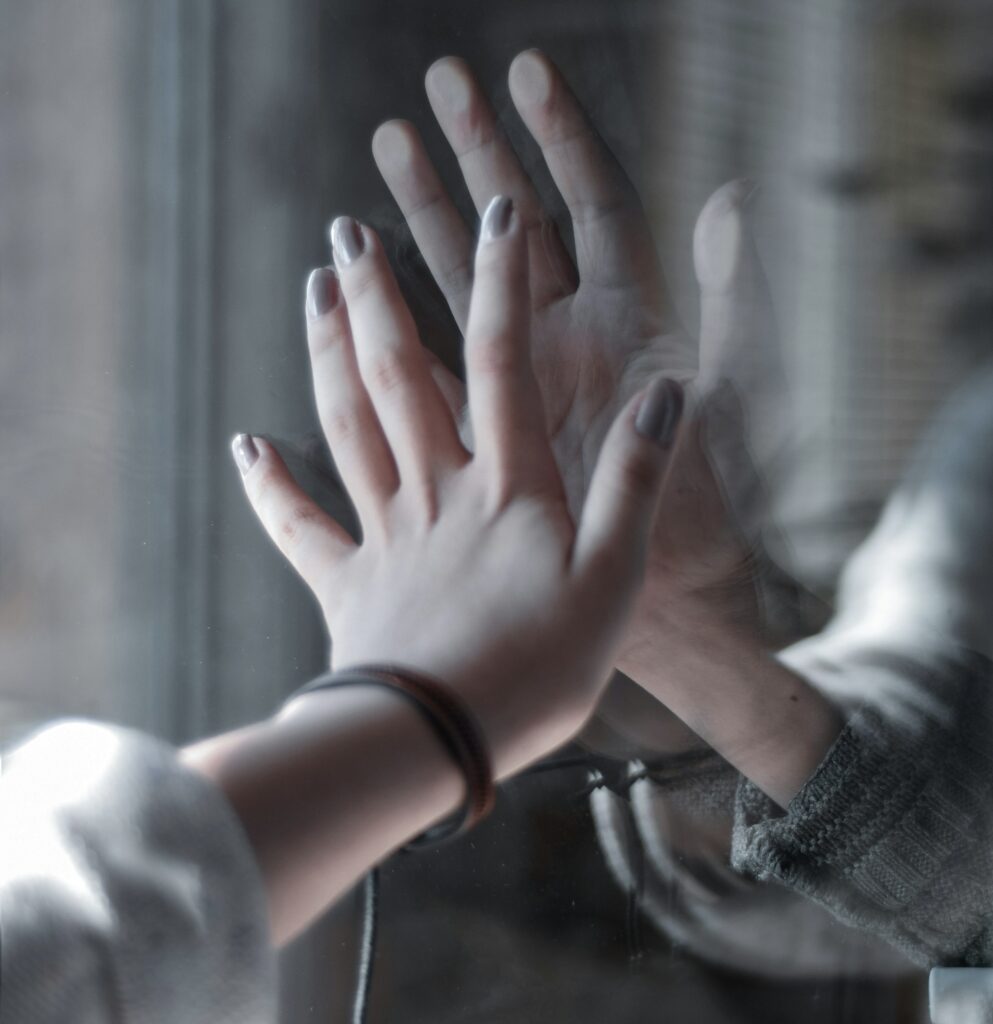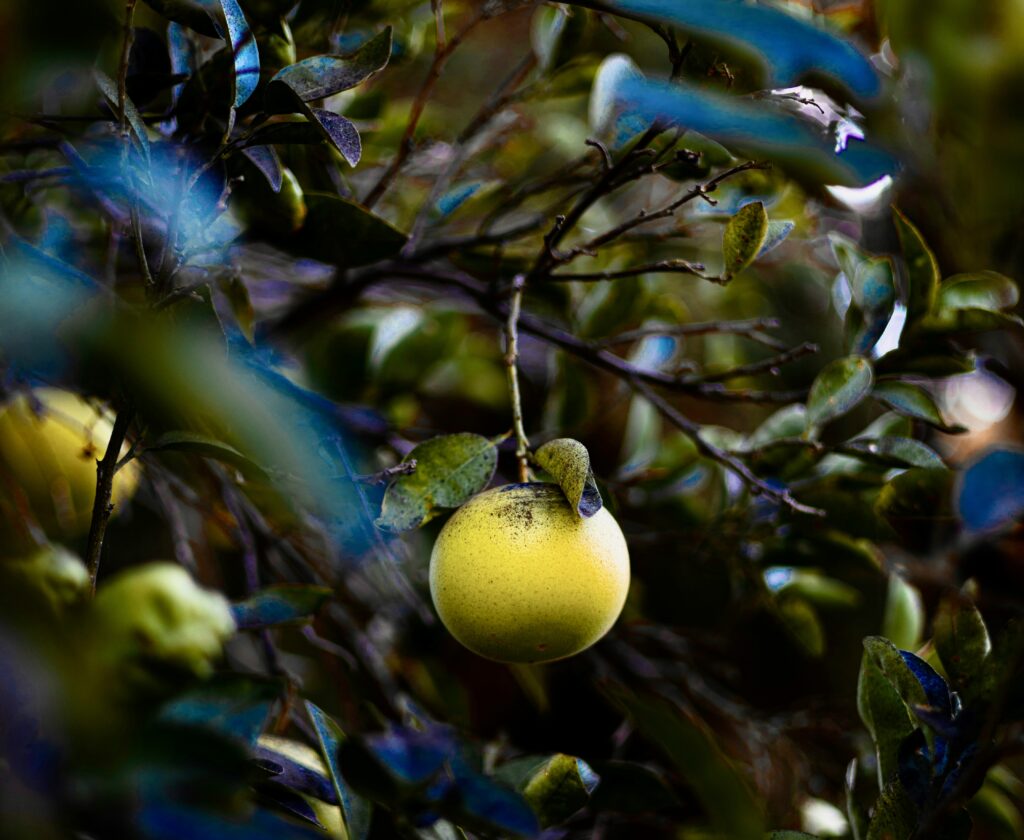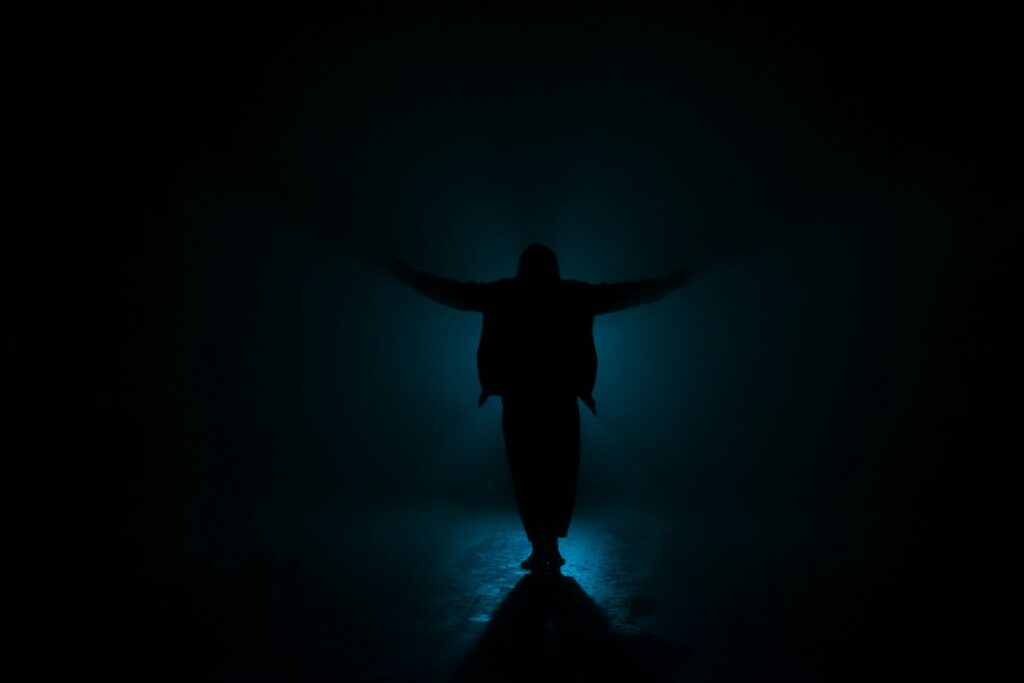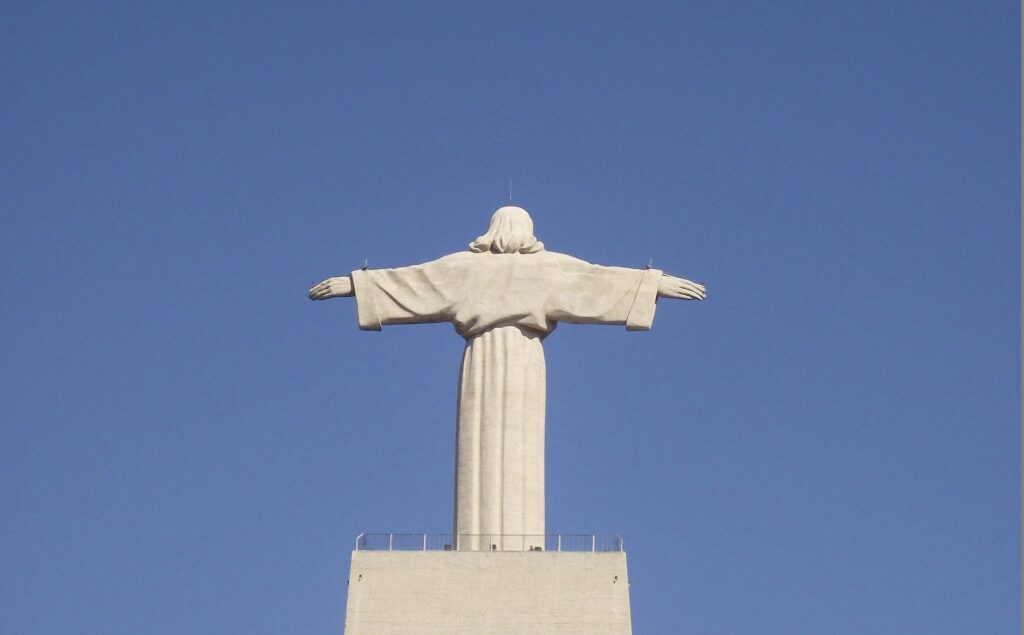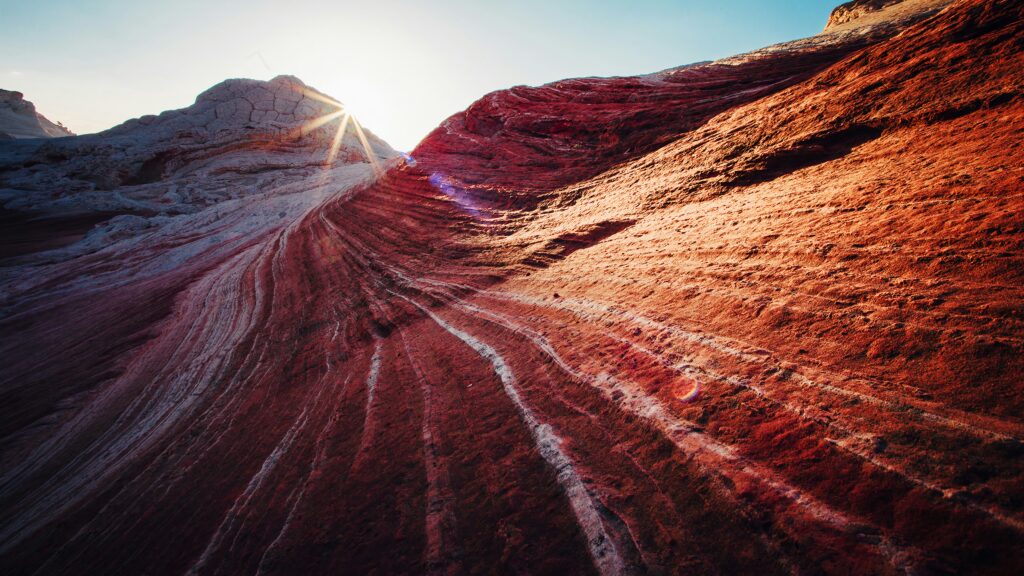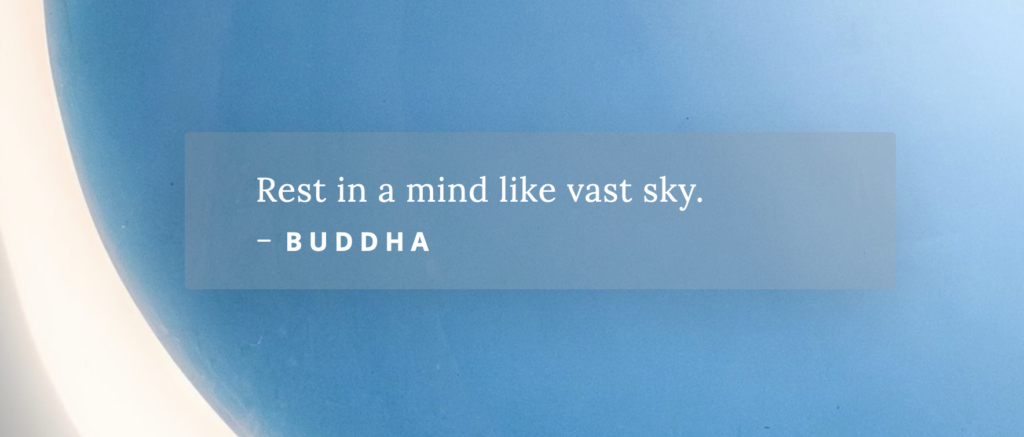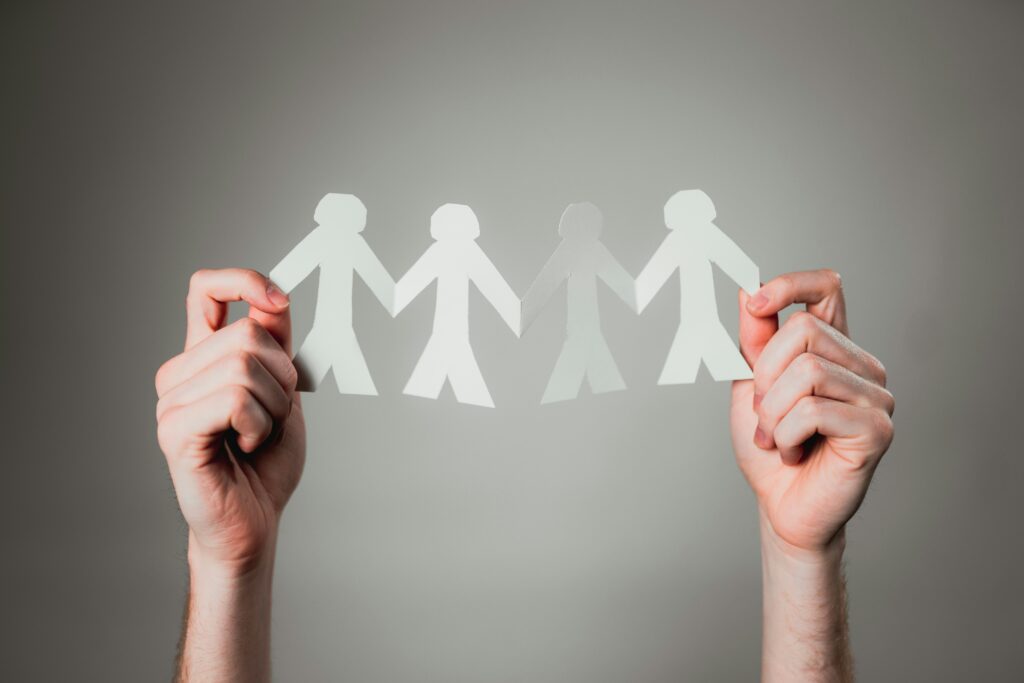
It started, as most things do, with me.
I was the one who needed encouragement. After that impossible November day, it no longer mattered what I believed. It sure as hell wasn’t true.
And then the fires from nowhere swept our homes. Everywhere, disasters exploded. Before long, we were broken by sickness, stress, and the colossal weight of immoral insanity. Alone, with no voice, no choice, and no country. Was there any way forward? Would there ever be a brighter day?
Nearly every month I gather with my fellow practitioners, the Dewdrop Sangha, on the evening of a full moon, to affirm our practice. To remember that we train for this: to face everything, for the sake of everyone, and to keep going. To reclaim the power of our presence and the scope of our responsibility. I give a talk to others but I’m talking to myself.
We can do this, together. This is the hard part, the training it takes for us to survive. I wish I could do more but this is all I have. If you’ve listened before, listen again. Listening brings us close.
On my site, you’ll see embedded players below. If you receive my blog via email without the embedded players, the links to each talk are here:
Encourage Others, Nov. 13, 2024
“I am very discouraged. What should I do?” The teacher replied, “Encourage others.”
The Lotus Blooming in the Fire, Feb. 12, 2025
We are in this together with all beings throughout all space and time.
The Dharma of Loneliness, May 12, 2025
Loneliness is a profound teaching and an opening to our own wisdom.
Everything is Mutual, July 9, 2025
Here we are, in the midst of this perfect way, and our practice is to realize it.
Photo by Andrew Moca on Unsplash

